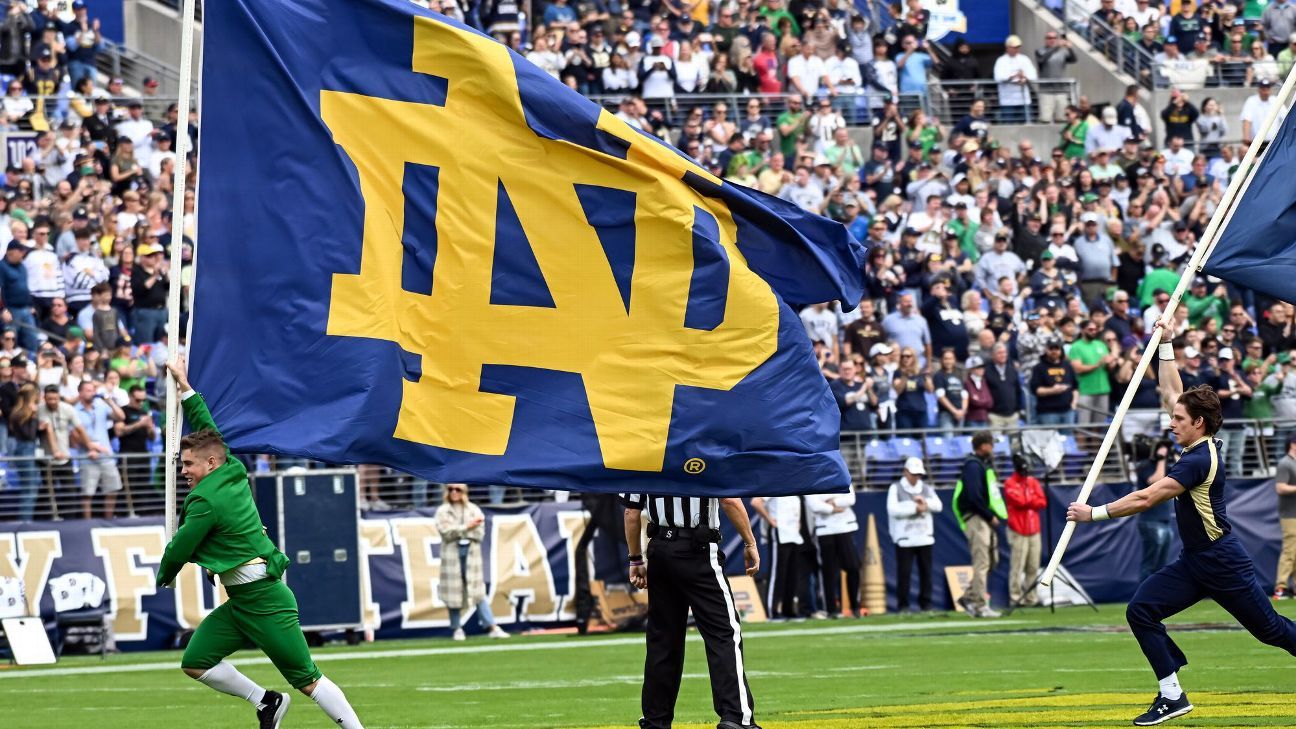A US appeals court on Monday rejected a bid by Uber, opening a new tab and subsidiary Postmates to revive a challenge to a California law that could force the companies to treat drivers as employees rather than independent contractors who are typically less expensive.
An 11-judge panel of the 9th US Circuit Court of Appeals in San Francisco upheld a lower court ruling that said Uber failed to show that the 2020 state law known as AB5 unfairly singled out app-based transportation companies while exempting other industries.
Uber in a statement on Monday said the ruling would not change the status of its relationships with its drivers, who are considered to be contractors under a 2020 ballot initiative known as Proposition 22.
The fate of Prop 22 is being weighed in a separate case at the state’s top court, which last month heard arguments from a labor union and four drivers contending the ballot measure was unconstitutional.
A representative for the California attorney generals office did not immediately respond to a request for comment.
The 9th Circuit in its ruling, opens new tab said there are plausible reasons for treating transportation and delivery referral companies differently from other types of referral companies.
The California legislature perceived transportation and delivery companies as the most significant perpetrators of the problem it sought to address worker misclassification, Circuit Judge Jacqueline Nguyen wrote.
Employees are entitled to the minimum wage, overtime pay, reimbursements for expenses and other protections that are not extended to independent contractors.
Uber, Postmates and similar services typically treat workers as contractors in order to control costs.
The clash over the scope of AB5 comes amid a broader national debate over state and federal laws and other regulations that could require more companies to deem their workers as employees.
US business groups in March sued the Biden administration in federal court over its effort to make it harder for companies to treat some workers as independent contractors rather than employees.
Morning Report delivers the latest news, videos, photos and more.
Please provide a valid email address.
By clicking above you agree to the Terms of Use and Privacy Policy.
Never miss a story.
Studies suggest that employees can cost companies up to 30% more than contract workers.
The top state court in Massachusetts is weighing whether voters in November should get a chance to consider ballot proposals that would redefine the working relationship between on-demand drivers and their companies in that state.
California’s AB5 raised the bar for proving that workers are truly independent contractors, requiring a company to show that workers are not under its direct control or engaged in its usual course of business and operate their own independent businesses.
Uber and two of its drivers in December 2019 sued over the California law.
They called AB5 “an irrational and unconstitutional statute designed to target and stifle workers and companies in the on-demand economy.”
A federal judge in Los Angeles dismissed the lawsuit at an earlier stage.
But a three-judge 9th Circuit panel last year revived the case.
The court said then that the “piecemeal fashion” of the exemptions to the law was enough to sustain Uber’s lawsuit. The 11-judge circuit court’s ruling on Monday wiped out Uber’s earlier win.








